In today’s educational landscape, assessing reading skills is crucial for ensuring academic success. Luckily, there are various tools available to assist educators in evaluating students’ reading abilities. One such tool is diagnostic reading assessments, which provide valuable insights into students’ strengths and weaknesses in reading.
Free Printable Diagnostic Reading Assessments
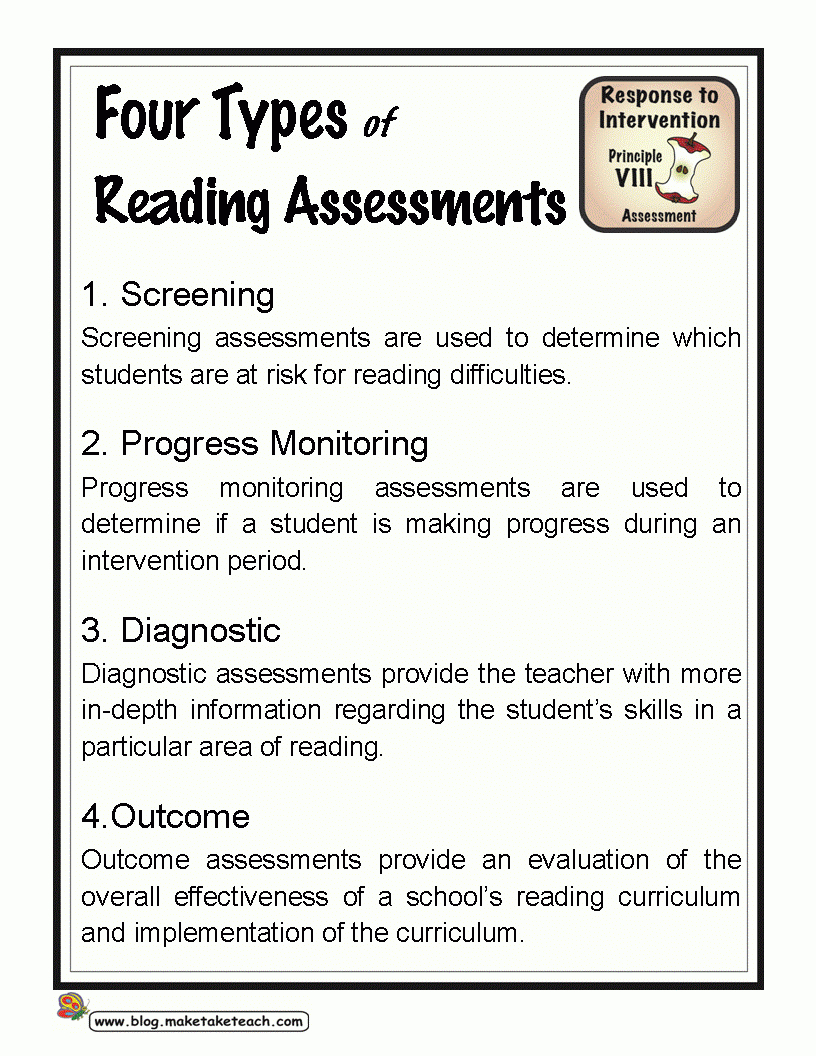 One reliable resource for diagnostic reading assessments is Free Printable HQ. They offer a wide range of reading assessment resources that educators can utilize to gauge students’ reading proficiency. These assessments are designed to evaluate various aspects of reading, including phonics, comprehension, fluency, and vocabulary.
One reliable resource for diagnostic reading assessments is Free Printable HQ. They offer a wide range of reading assessment resources that educators can utilize to gauge students’ reading proficiency. These assessments are designed to evaluate various aspects of reading, including phonics, comprehension, fluency, and vocabulary.
By using these printable diagnostic assessments, educators can identify specific areas where students may be struggling and tailor instruction accordingly. The assessments include engaging activities and questions to assess students’ reading comprehension, phonics skills, and overall reading fluency. Additionally, these materials are free to download, making them accessible for educators of all budgets.
Creating A Standardized Assessment Test: Practice Makes Perfect
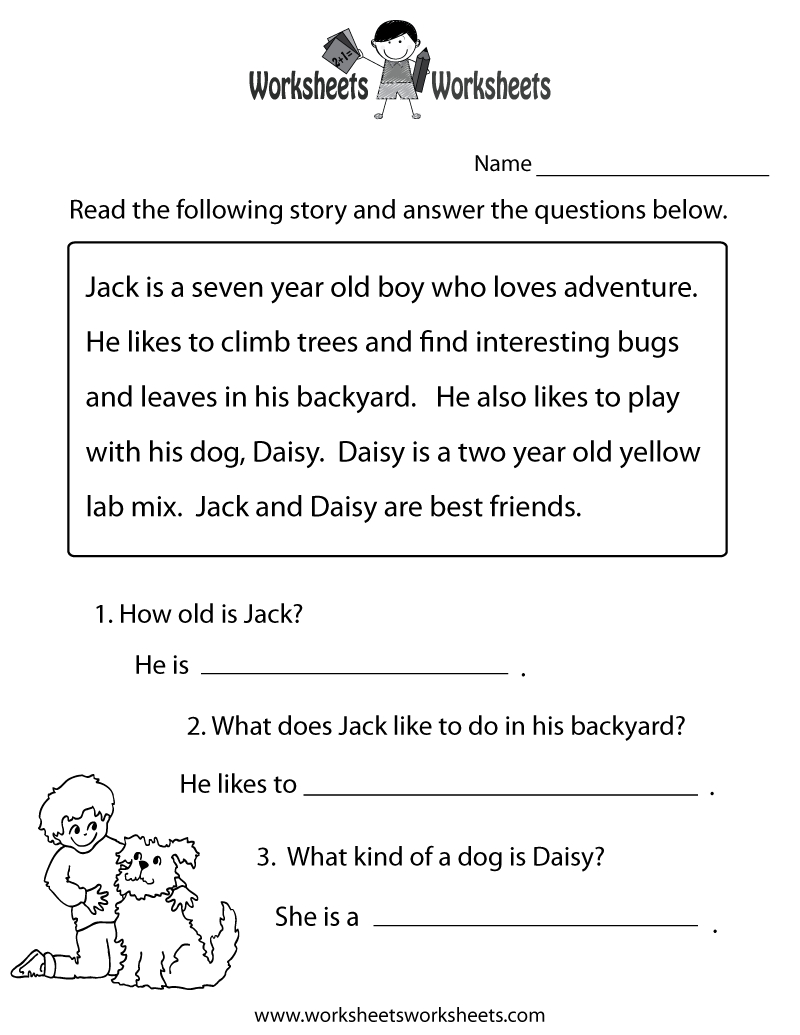 For those looking to develop a standardized assessment test to measure reading levels, Free Printable HQ also provides resources for test creation. Their materials offer practice worksheets for reading comprehension, helping educators create comprehensive and effective assessment tools.
For those looking to develop a standardized assessment test to measure reading levels, Free Printable HQ also provides resources for test creation. Their materials offer practice worksheets for reading comprehension, helping educators create comprehensive and effective assessment tools.
Standardized tests play a crucial role in determining students’ reading abilities and academic growth. These assessments provide valuable data that can guide instructional planning and help identify students who may need additional support. By utilizing Free Printable HQ’s resources, educators can gain insights into students’ reading levels and make informed decisions regarding their reading instruction.
Reading Level Tests For Calculating Grade, Competency, & Level
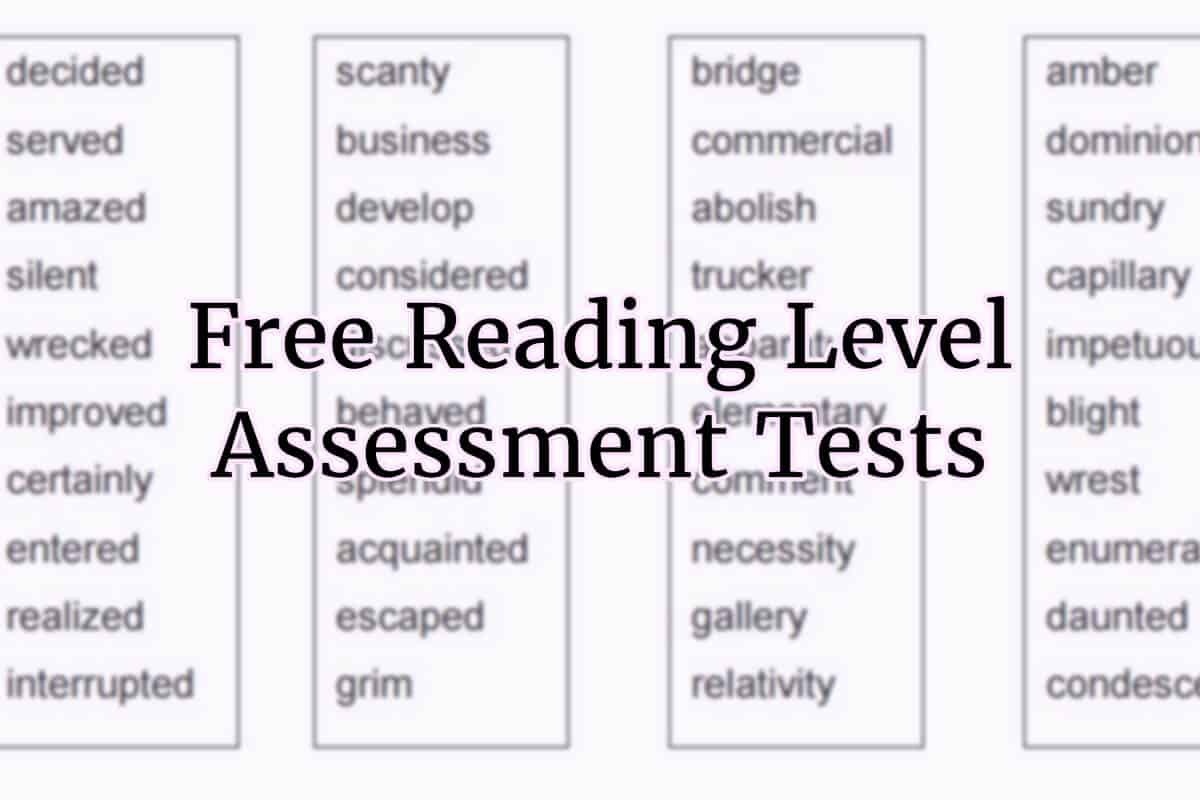 In addition to diagnostic assessments, Free Printable HQ offers a variety of reading level tests that calculate grade competency levels. These tests assist educators in determining the appropriate reading materials for students based on their existing reading abilities.
In addition to diagnostic assessments, Free Printable HQ offers a variety of reading level tests that calculate grade competency levels. These tests assist educators in determining the appropriate reading materials for students based on their existing reading abilities.
By administering these reading level tests, educators can ensure that students are provided with appropriately challenging text that fosters growth and progress. These assessments go beyond traditional grade levels and take into account individual students’ competencies, allowing for a personalized approach to reading instruction.
Basic Reading Assessments Free and Editable
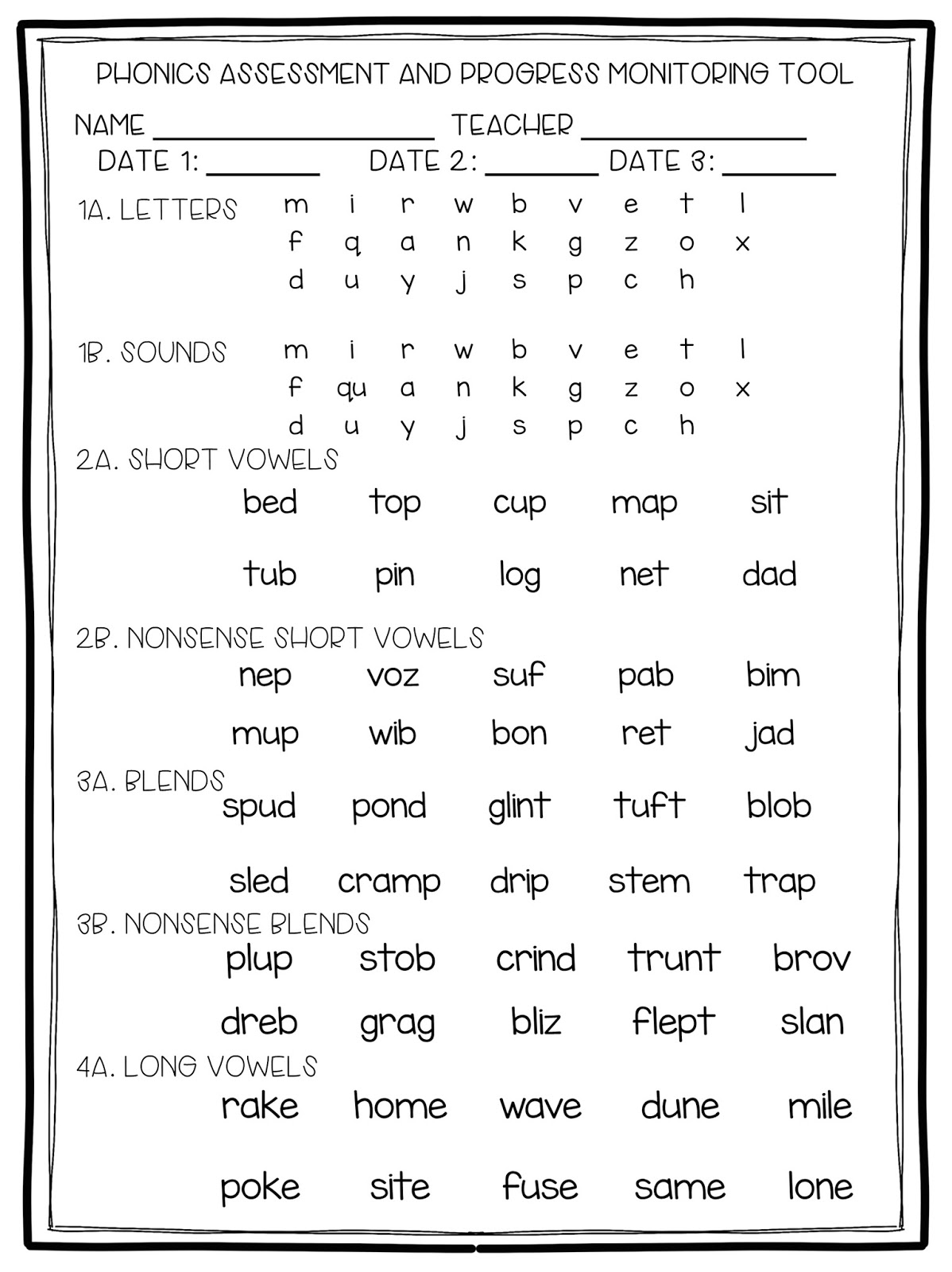 For educators in search of basic reading assessments that are both free and editable, 2nd Grade Snickerdoodles provides a valuable resource. These assessments cover fundamental reading skills, such as phonics, phonological awareness, and decoding.
For educators in search of basic reading assessments that are both free and editable, 2nd Grade Snickerdoodles provides a valuable resource. These assessments cover fundamental reading skills, such as phonics, phonological awareness, and decoding.
The ability to edit these assessments allows educators to customize the materials to better suit their students’ needs. This flexibility enables educators to target specific reading skills and adapt assessments to align with classroom instruction.
Assessing Reading Proficiency for Academic Success
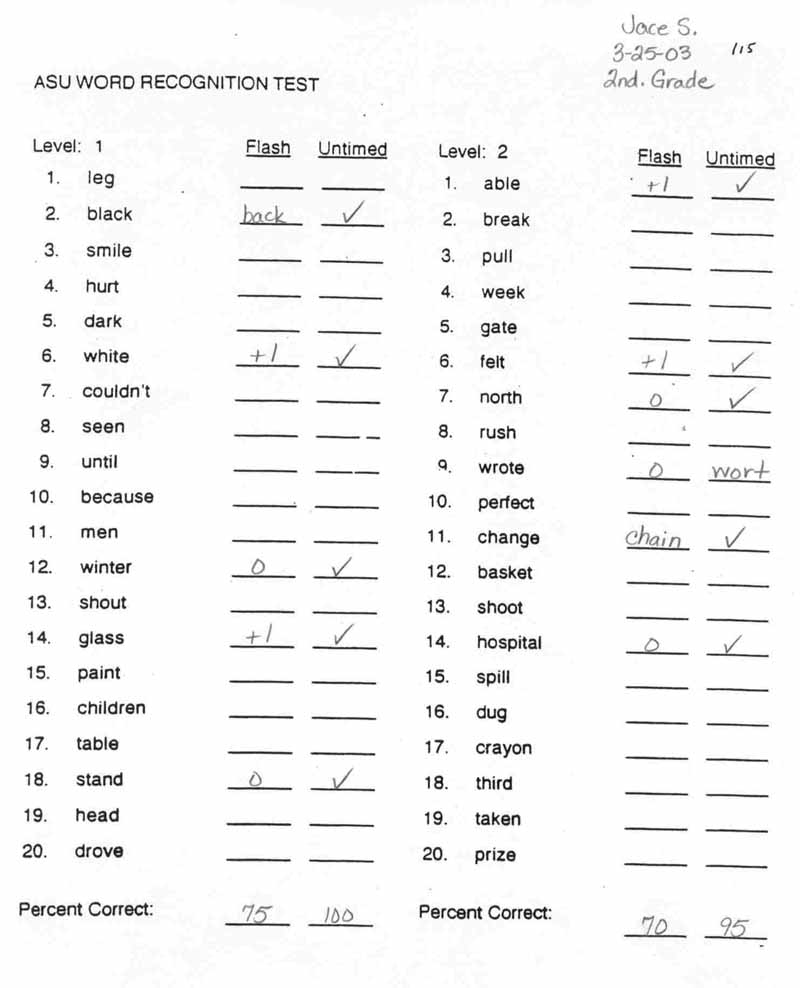 Reading assessments play a crucial role in determining students’ reading proficiency and academic success. They provide educators with valuable insights into students’ strengths and areas for improvement, allowing for targeted instruction.
Reading assessments play a crucial role in determining students’ reading proficiency and academic success. They provide educators with valuable insights into students’ strengths and areas for improvement, allowing for targeted instruction.
Furthermore, these assessments provide a benchmark to track students’ progress over time. By regularly administering reading assessments, educators can monitor growth, identify potential learning gaps, and adjust instructional strategies accordingly.
Assessments like those offered by Free Printable HQ, 2nd Grade Snickerdoodles, and other resources mentioned above are essential tools for educators. They provide valuable data to inform instructional decisions and ensure that students receive appropriate reading materials and support tailored to their needs.
By utilizing these free and editable resources, educators can assess students’ reading abilities effectively and address any gaps in their skills. Ultimately, these assessments contribute to fostering a love for reading, improving literacy skills, and empowering students to succeed academically.